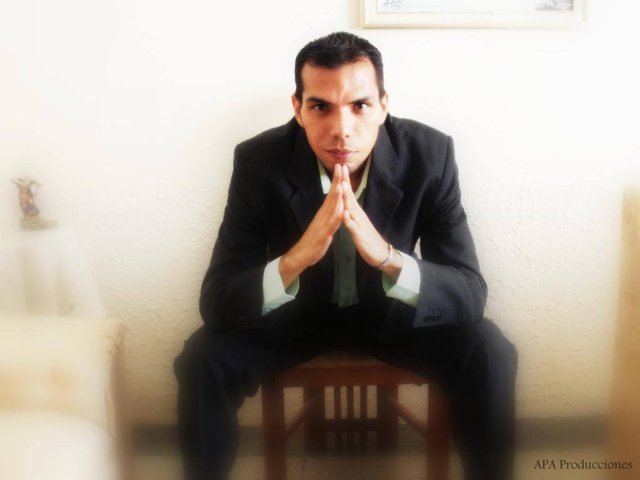
Troy is a film based on Homer's epic novel, the Iliad and the Odyssey. It tells the story of Achilles, the famous warrior who was said to be immortal, but who had only one weak point: his heel. Hence the expression "Achilles' heel". This character was concerned about the issue of eternity, he did not want his name to be forgotten, in fact it is a recurring theme throughout the course of the film. When invited to the battle between Greece and Troy, which was said to be the greatest battle up to that time, he went to consult his mother; she told him:
"If you stay in Greece, you will find peace. You will meet a wonderful woman, you will have children and children and they will have children too. And they will love you and when you die they will remember you. But when your children and grandchildren have died, your name will be lost. If you go to Troy, the glory will be yours. They will write stories about your victories for thousands of years. The world will remember your name. But if you go to Troy, you will never return home, for your glory walks hand in hand with your doom. And I will never see you again.
You know? Deep down we're all like Achilles. The issue of eternity, of legacies, of the footprints we will leave once we are gone from this world, worries us, even if sometimes we don't want to accept it. Maybe this business of eternity sounds arrogant, but that's okay. Let us replace it with the desire to be important. Dr. Sigmund Freud once said:
Dr. John Dewey said:
"The deepest impulse in human nature is the desire to be important."
Finally, psychologist William James states the following:
"The deepest principle of human character is the desire to be appreciated."
Note that James does not say "desire," but uses the word "yearning. Longing is a WANTING, it's a craving. We can conclude then that we all eagerly and vehemently desire to be appreciated, important, and great.

However, in addition to being important and recognized, we want our importance to endure over time. That is why social networks, blogs and the Internet in general are so successful and addictive: when we publish something we eagerly expect that like and comment; we also know that this will be forever recorded on the web and will be read by others for generations. Product brands and companies are created with that goal in mind. In business administration we are taught that the objectives of creating a company are to serve the customer, obtain profitability and endure over time. We also have that well known maxim that says that for a person to be complete in this life they must plant a tree, have a child and write a book. Beyond the fact that the premise of this sentence is debatable and questionable, what it transmits is the desire of the human being to pass on to posterity in some way; to TRANSCEND.
But what is transcendence?
TRASCENDER v. intr. (lat. transcendere) [2d]. To exhale a smell so penetrating that it can be perceived from a distance. To extend the effects of something to other things or to a different or wider environment. 4. Going beyond a certain limit.
The Little Larousse Multimedia, 2004
Simply put: to transcend is for our words, feelings, deeds and actions to go beyond the present time. Let them be known once we are no longer alive. To paraphrase Larousse, that the smell of our life be so penetrating that it is perceived through distance and time. That is to transcend. That is to want to be eternal, something, by the way, the religions propose in their doctrines and teachings: "we will see each other in heaven, paradise, in the next life, we will reincarnate", etc. Because within each one is this desire not to die physically or spiritually.*
How can we transcend? How can we leave our aroma in this world and in other people's lives? In the next post I will present how we can achieve this.
Gary Samuel Bilbao
G. S. Bilbao
Blogger | Lecturer | Commercial Speaker
Original G.S. Bilbao

You can find me on my social networks:
Facebook | Instagram | Twitter | Blog

